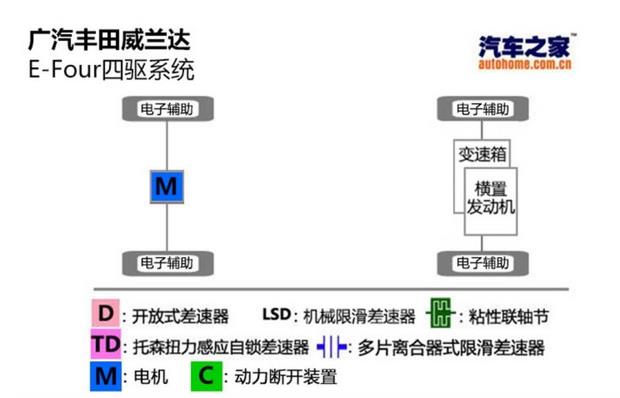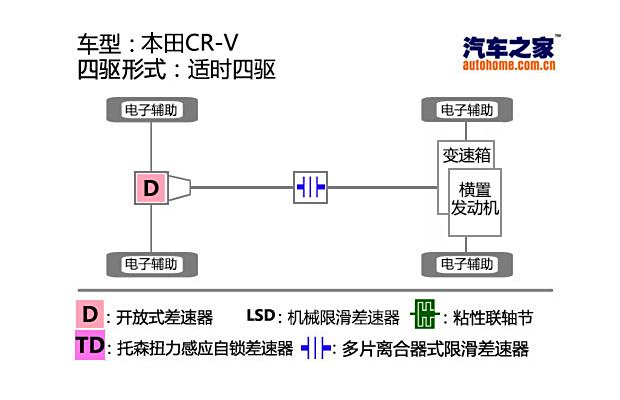Special topic: encirclement and suppression of mobile phone network pornography
International Online Report: At present, the special campaign to punish obscene and vulgar information on the Internet and mobile media is in full swing nationwide. The reporters of international online in Korea, Singapore and other developed countries have learned that these countries have also dealt a heavy blow to online pornography, and they are unambiguous.
South Korea: real-name registration system has taken strict measures to ensure strict grading of identity authentication websites.
Zhang Ling, an international online correspondent in South Korea, reports that South Korea is one of the countries with the most popular Internet, and the Internet population accounts for nearly 70% of the country’s total population. The popularity of the Internet makes teenagers often contact and use the Internet in their daily lives. The Korean government has taken a multi-pronged approach from management, legislation, supervision and education to strengthen the supervision of the Internet to protect teenagers. South Korea’s national police department has set up a special agency to investigate and crack down on cybercrime.
In March, 2007, an obscene video appeared on Yahoo Korea website, and the administrator of the website learned the news six hours after the incident and deleted the video. This incident has aroused great concern of Korean society about strengthening network management. Subsequently, South Korea’s Ministry of Information and Communication, the Police Department and other government departments, major Korean portals, operators, etc. jointly formulated relevant countermeasures to intercept obscene videos on the Internet. According to these countermeasures, a 24-hour "harmful information reporting center" is set up in the Information and Communication Ethics Committee under the Korean government, and the major portals send staff to the reporting center for special monitoring. South Korea’s Ministry of Information and Communication will use technical means to prevent netizens from downloading and reprinting obscene videos from foreign websites. In addition, according to the regulations, if Korean websites do not actively block online articles and video materials that are obscene, illegal and suspected of defaming others’ reputations, they will bear relevant legal responsibilities for disputes caused by these bad information.
South Korea’s particularly noteworthy measure in network management is the implementation of network real-name registration system, which effectively purifies the network environment. Since January 28th, 2008, 35 major websites in Korea have started to implement online real-name registration system one after another according to the relevant regulations of the Korean government. Users logging in these websites can post only after entering their personal ID numbers and verifying them.
If the website violates the practice of confirming real name, it will receive a correction order from the Minister of Information and Communication. If you don’t obey the order, you will be fined up to 30 million won.
For those websites that are not suitable for teenagers to browse, strict age and identity verification measures have been implemented. South Korea’s websites are strictly classified. Portal websites and news websites can’t contain content that is not suitable for teenagers, while adult websites have fewer restrictions, but identity and age must be confirmed. Moreover, enter the words "adult" and "adult website" in some large search websites, and the webpage will automatically pop up an identity confirmation page, prompting users to enter their name and ID card, and they can only browse after confirming their age. It can be seen that the distinction between adult websites and ordinary websites in Korea is still relatively strict.
Of course, no matter how strict the rules are, there will always be people who try the law. For those websites that do not strictly abide by the censorship system and spread pornographic information at will, the Korean government has been cracking down hard. As early as 2005, the Korean government systematically cracked down on online pornography, arrested more than 100 suspects who spread pornographic information on the Internet at will, and imposed heavy penalties on some of them. In early 2008, after pornographic information was exposed on several Korean portals, the Korean government launched a one-year "anti-pornography campaign". The relevant departments quickly cut off the links between portals and pornographic websites at home and abroad, while the information and communication ethics committee under the government set up hotlines with portals and network management organs to monitor the relevant situation in real time, accept reports, and then investigate and deal with the reported events and objects. In July 2008, the Information and Communication Ethics Committee also concentrated on investigating adult websites for one month, and reported eight websites that spread obscene information to the police department.
In short, the Korean government has established a perfect network supervision mechanism, and online pornography has been effectively controlled.
Singapore: Clean up cyberspace from three aspects: Internet access, channel management and legal system construction.
Hu Xing, a correspondent of International Online in Singapore, reported that as early as 1996, Singapore promulgated the Internet Operating Rules, which provided clear and specific criteria for judging the "prohibited content" of websites. At present, the government begins to purify cyberspace from three aspects: Internet access, channel management and legal system construction.
Singapore’s Broadcasting Law clearly stipulates that the three major telecom service providers in Singapore have the obligation to block specific websites. The government has the right to ask suppliers to delete comments promoting pornographic content from websites. If the supplier fails to fulfill its obligations, it will be fined or its business license will be suspended. In addition, the government also encourages suppliers to develop and promote "home internet access system" to help users filter out inappropriate content. It is reported that the Singapore Media Development Authority has so far blocked more than 100 websites containing pornographic and other bad content.
In addition, the Singapore government also believes that the long-term solution to effectively manage the Internet lies in strengthening public education, and in the process of education, parents are very important to guide their children to use the Internet correctly. In 1999, the Singapore government set up the "Internet Parents Advisory Group", which was funded by the government to help parents guide their children to surf the Internet safely by holding training courses. Since January 2003, the Media Development Bureau has also set up a US$ 5 million Internet public education fund to develop effective content management tools, conduct public education activities and encourage the installation of green online software.
At the same time, Singapore strongly supports the work of industry self-regulatory organizations. They believe that it is impossible for the government to fully undertake the task of online content management. Industry self-discipline is an important means of online content management, and a lot of work must be handed over to industry self-discipline organizations. Only by combining legal management with industry self-discipline can online content management be more effective.
Germany: "online patrol" tracks and supervises 24 hours, imprisons for 15 years and punishes those who spread child pornography.
The German Supreme Criminal Court stipulates that spreading child pornography on the Internet is no different from exchanging printed materials with similar content, and both will face up to 15 years’ imprisonment.
In Germany, the crackdown on "spreading and possessing child pornography" has always been the focus of curbing cyber crime. To this end, the German Federal Ministry of the Interior and the Federal Police have tracked and analyzed network information 24 hours a day, and mobilized experts and technical forces to combat pornography to set up an "online patrol" institution.
In order to crack down on the production and dissemination of child pornography online video products, the German government has also specially revised the media law. The relevant bill drafted by German Federal Minister for Family Ryan stipulates that internet websites will sign an agreement with the Federal Bureau of Criminal Investigation on a voluntary basis to make provisions on blocking child pornography, including blocking child pornography videos and blocking pornographic web pages. If a netizen tries to open a website containing child pornography, the webpage will be displayed as a warning note instead of the content of the website, and the warning note will explain why the webpage is blocked. At the same time as the shielding measures, there is also an information reporting station, and a link to the agency’s website must also be set in the warning page.
Editor: Wang Jiaolong





































